Ethical SEO vs Manipulative SEO
Building Genuine Authority and Long-Term Success: Expio’s Ethical SEO Approach
In the SEO world, we sometimes use the analogy of white hat versus black hat, which draws inspiration from old Western movies, where bad guys wore black hats, and good guys wore white hats. While the cinematic divide is clear, the SEO landscape is a little more difficult.
Nowadays, hat color terms have faded a bit, and good SEO is all about being ethical, while bad SEO is being categorized as “spammy” and “manipulative SEO.”
Let’s break both down:
Ethical SEO
Ethical SEO means enhancing your online presence by creating relevant and valuable content. It focuses on long-term success through ethical practices. Ethical SEO strives for sustained success by adding meaningful content to websites, crafting unique material, and employing natural strategies to optimize for relevant keywords. Companies embracing ethical SEO practices not only see improved search rankings but also establish genuine authority in their industry.
Manipulative SEO
Manipulative SEO exploits loopholes to quickly boost rankings. This approach is short-lived. Search engines like Google eventually catch on and penalize such tactics.
Manipulative SEO revolves around artificially improving a website’s rating. It tries to take advantage of gaps in search engine algorithms to obtain unfair benefits, as opposed to concentrating on producing worthwhile and educational material.
Examples include:
Hidden Text and Links: Websites will use small font sizes or blend their color with the backdrop to conceal links or phrases. This strategy tries to influence search engine results without affecting users’ experience. Search engines, however, are able to recognize concealed content and links and will punish the page accordingly.
Cloaking: In this strategy users and search engines are shown distinct materials. One of the ways they boost rankings is to offer search engine crawlers one version of a website while showing users another version. Websites that use cloaking are penalized by search engines because they are deemed as misleading.
Doorway Pages: These are poor-quality websites made specifically to skew search engine results. They lead visitors to the main page and include content that is packed with keywords. Websites that use gateway pages are penalized by search engines because they are considered incorrect.
Although these strategies could produce short-term improvements, they might eventually result in search engine penalties, harming the long-term business and reputation of a website. To increase exposure and promote sustainable growth, real and ethical SEO techniques place a heavy priority on producing relevant, high-quality content and encouraging organic engagement.
Always Take the Ethical Approach to SEO
At Expio, we love results, but we also take pride in getting those results in a way that builds trust for your brand. We strive to adhere to the highest standards and follow the principles of ethical SEO. Our commitment lies in optimizing websites the right way—through the creation of valuable, relevant content and employing strategies that stand the test of time.


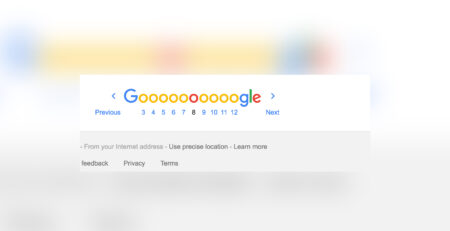
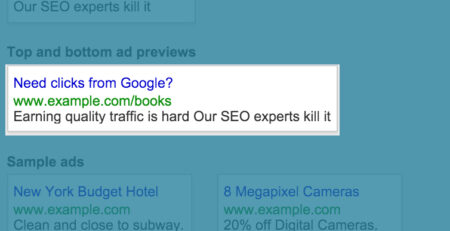
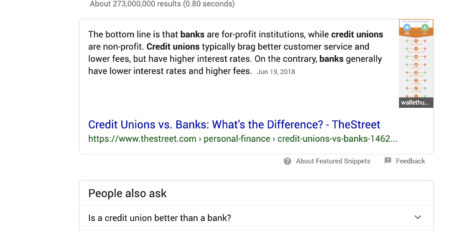
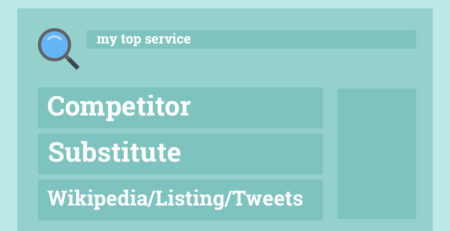

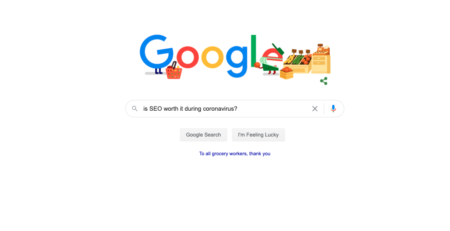


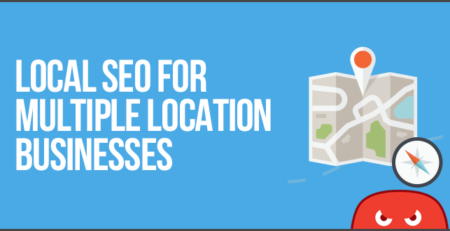

Leave a Reply